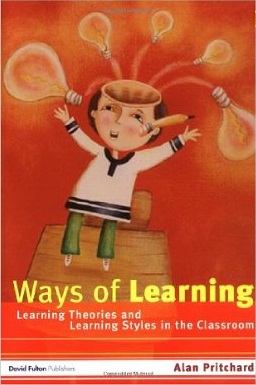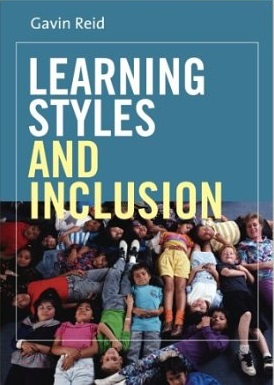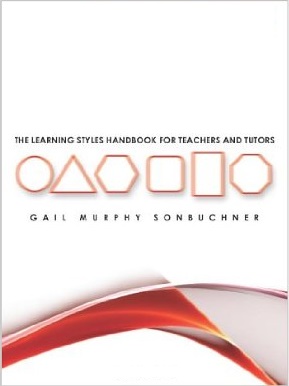
Make the most of your learning style
It is useful to discover your own "learning style". Are you predominantly:
VISUAL or AUDITORY or KINAESTHETIC ?
Check out the VAK page for more detail
IDEAS for VISUAL learners
Use coloured highlighter pens to mark your revision notes. You should identify key words (these may be names, dates, places, etc.) You could even use different colours for different types of information.
In the margins of your subject note-book, draw sketches or cartoons that relate to that particular topic or paragraph. These will not only help you to locate that particular section but will also make it more memorable.
Learn to MindMap
Pay attention to the layout of your revision notes. You might find it useful to use flow-charts (in science, history, English and other subjects to keep track of events) or diagrams (in science, geography , maths and other subjects.)
Use the "Roman Room" memory system.

IDEAS for AUDITORY learners
You might find it helpful to play soothing music as you revise. Experts suggest that some types of music (particularly that with a tempo of 58-60 beats per minute) can help to generate relaxed-but-alert Beta brain-waves - which can help you learn more effectively. However, music at a faster tempo or music with a strong lyric can have a distracting effect.
Record key points on tape and play them over, especially just before going to sleep.
Having identified key points from your revision notes, try making these into a rhyme, rap or song. This will make them more memorable.
Explain what you have learned to someone else, perhaps to your parents. They usually go on about how important it is to revise properly - so why shouldn't they suffer as well!


IDEAS for KINAESTHETIC (PHYSICAL) learners
Learn the "Body-pegs" memory technique and use it to learn key points.
Use the "Sticky-notes" memory technique.




